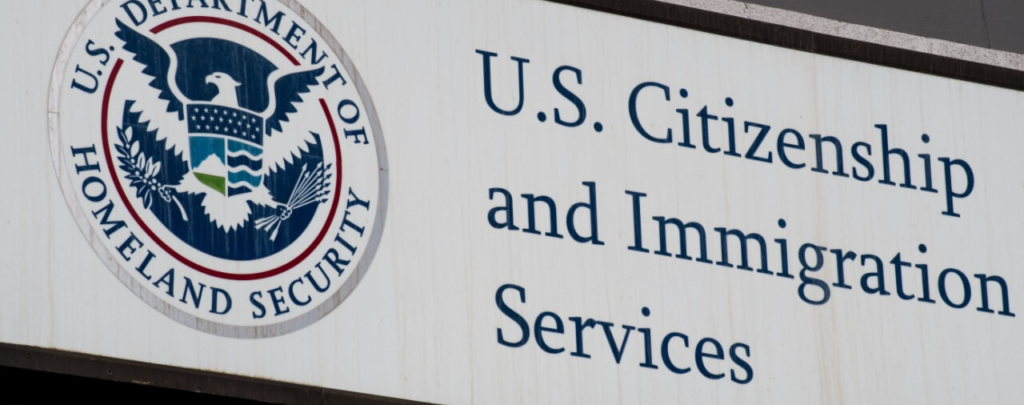Introduction
In a decision issued by the U.S. Court of Appeals for the Third Circuit in Shalom Pentecostal Church v. Acting Secretary DHS, 783 F.3d 156 (3d Cir. 2015) [PDF version],1 held that United States Citizenship and Immigration Services (USCIS) had exceeded its authority in enacting regulations found in 8 C.F.R. sections 204.5(m)(4) and (11). In response, USCIS released an important policy memorandum on July 5, 2015, titled Qualifying U.S. Work Experience for Special Immigrant Religious Workers [PDF version].2 The judicial holding, in conjunction with the memorandum to make USCIS regulations consistent with Shalom Pentecostal Church v. Acting Secretary DHS, make it easier for many of those hoping to gain classification as special immigrant religious workers to meet the work requirements in order to qualify.
The Old Rules
In order to successfully obtain a special immigrant visa for religious work, an applicant must first obtain classification as a religious worker by filing, and having approved, a Form I-360, Petition for Amerasian, Widow(er), or Special Immigrant [link].3 In order to file a Form I-360, applicant must have spent the 2 years previous to filing engaged in work with a qualifying religious organization. Prior to the judicial holdings and the new policy memorandum, USCIS regulations required that the 2 years of religious work experience must be authorized employment if it had occurred in the United States. If any of the employment was unauthorized, the applicant would be ineligible for classification as a religious worker, and consequently ineligible for adjustment of status. However, the Third Circuit held that the regulation in question was inconsistent with section 101(a)(27)(C) of the Immigration and Nationality Act (INA). Firstly, the statute itself contained no provision that if any of the religious work had occurred in the United States, it could not be unauthorized employment. Secondly, Third Circuit also held that the offending regulations were impermissibly in conflict with sections 245(i) [allowing adjustment of status [see article] for certain aliens who had engaged in unauthorized employment] and 245(k) [certain aliens may work without authorization for up to 180 days and remain eligible for adjustment of status] of the INA. The court also held that the offending regulations were impermissibly in conflict with sections 245(i) [allowing adjustment of status for certain aliens who had engaged in unauthorized employment] and 245(k) [certain aliens may work without authorization for up to 180 days and remain eligible for adjustment of status] of the INA. Ultimately, the court held that the Department of Homeland Security had exceeded its legal authority (ultra vires) in making regulations that were impermissibly in conflict with those established by Congress.
The New Rules
USCIS released the new memorandum on July 7, 2015, to bring its regulations in line with Shalom Pentecostal Church v. Acting Secretary DHS. Going forward, this means that merely because some or all of the requisite religious work experience was unauthorized does not affect an applicant’s eligibility for classification as a religious worker when filing the Form I-360. However, while the USCIS regulations prohibiting any unauthorized religious-work experience are now null and void, unauthorized employment may still render an applicant ineligible to subsequently adjust status section 245 of the INA. Furthermore, accrual of unlawful presence may still trigger 3 or 10 year inadmissibility bars [see article] or the permanent bar of inadmissibility [see article] if the alien departs from the United States.
What does the Memorandum Mean for Religious Worker Classification?
A religious worker seeking to fulfill the requirements of an approvable Form I-360 should seek employment authorization rather undertake the risk of triggering still-applicable immigration issues stemming from unauthorized employment and unlawful presence. However, religious workers who did complete any part of their 2-year religious work requirement by engaging in unauthorized employment should consult with an experienced immigration attorney to determine whether it will be possible to subsequently adjust status after obtaining classification as a religious worker.
- Follow link to download PDF of the decision. Retrieved on August 10, 2015 at http://www2.ca3.uscourts.gov/opinarch/134434p.pdf [PDF version]
- Follow link to download PDF of the Memorandum. Retrieved on August 10, 2015 at http://www.uscis.gov/sites/default/files/USCIS/Laws/Memoranda/2015/2015-0705_Lawful_Status_PM_Effective.pdf [PDF version]
- Follow the link for the USCIS page on the Form I-360





